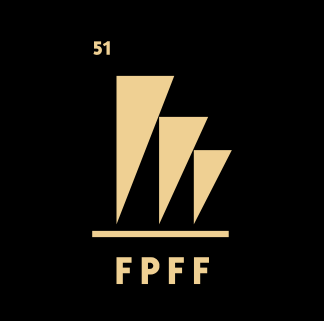Werewolf
Summer of 1945. A temporary orphanage is established in an abandoned palace surrounded by forests for the eight children liberated from the Gross-Rosen camp. Hanka, also a former inmate, becomes their guardian. After the atrocities of the camp, the protagonists slowly begin to regain what is left of their childhood but the horror returns quickly. Camp Alsatians roam the forests around. Released by the SS earlier on, they have gone feral and are starving. Looking for food they besiege the palace. The children are terrified and their camp survival instinct is triggered.
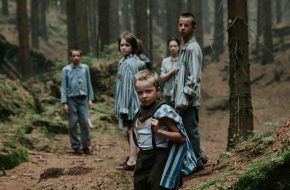
Westerplatte
Polish critics regard Westerplatte as one of the best Polish war films. In contrast to the Polish Film School, Różewicz strips his picture of any romanticism. The screenplay was based on a carefully collected and researched documentation. Actors were cast according to their resemblance to the actual historical figures. The manner of narration and diligence in formal execution imbue the film with a documentary character.
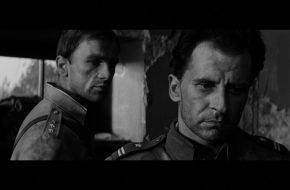
Windows, Windows
Wojtek spends whole days on a tree stand in a forest, tracking capercaillie and their habitats. One evening, he comes back from work through the fields and encounters a strange phenomenon. A house moves in the distance. To be more exact, one lit window moves. When he comes back the next day, the situation repeats. Day by day, more and more windows appear. And more. And they go. Wojtek, intrigues, tries to solve the poetic and abstract riddle.
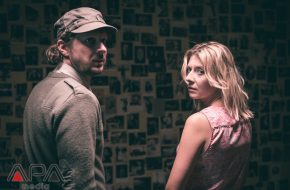
Winter Flies
A modest and subtle road movie about two 14-year-olds who drive through the Czech Republic in a stolen car. A bad policeman and an even-worse policewoman try to establish what has really happened, that is, where they got the car and what the goal of their dangerous journey was.

Wojciech Kossak. EMILIA PLATER SKIRMISHING AT SZAWLE
The November uprising, an act of patriotic rebellion against Russia initiated on 29 november 1830, also encompassed Lithuania. Emilia Plater, a 24-year-old noblewoman from Vilnius, decided to join the insurgency. Having gathered her own troops, she fought against the Russians, and became a legend and the symbol of a patriotic woman fighting for polish independence.
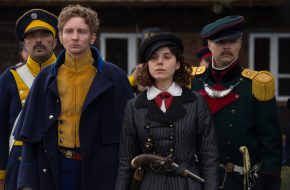
Wonder Girls
Nikol and Oliwka have a freedom the rest of teenagers can only dream of. Far from parental supervision and prohibitions, they leave according to their own rules. However, the world of adults is not so simple, as the sisters soon discover. Adolescence can beat everyone. The girls have to take responsibility over their deeds on their own.
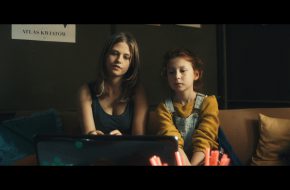
Wymarsz
A film about Pilsudski’s Legions and other Polish formations that fought for the independence of the Second Polish Republic and shaped its borders in the years 1914–1918 and 1919–1921. A historical summary with an aim to illustrate a convoluted pathway to an independent Polish state.

